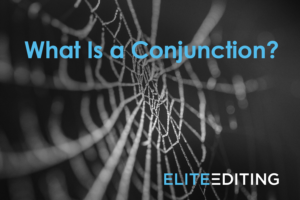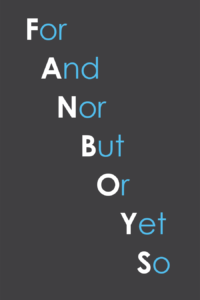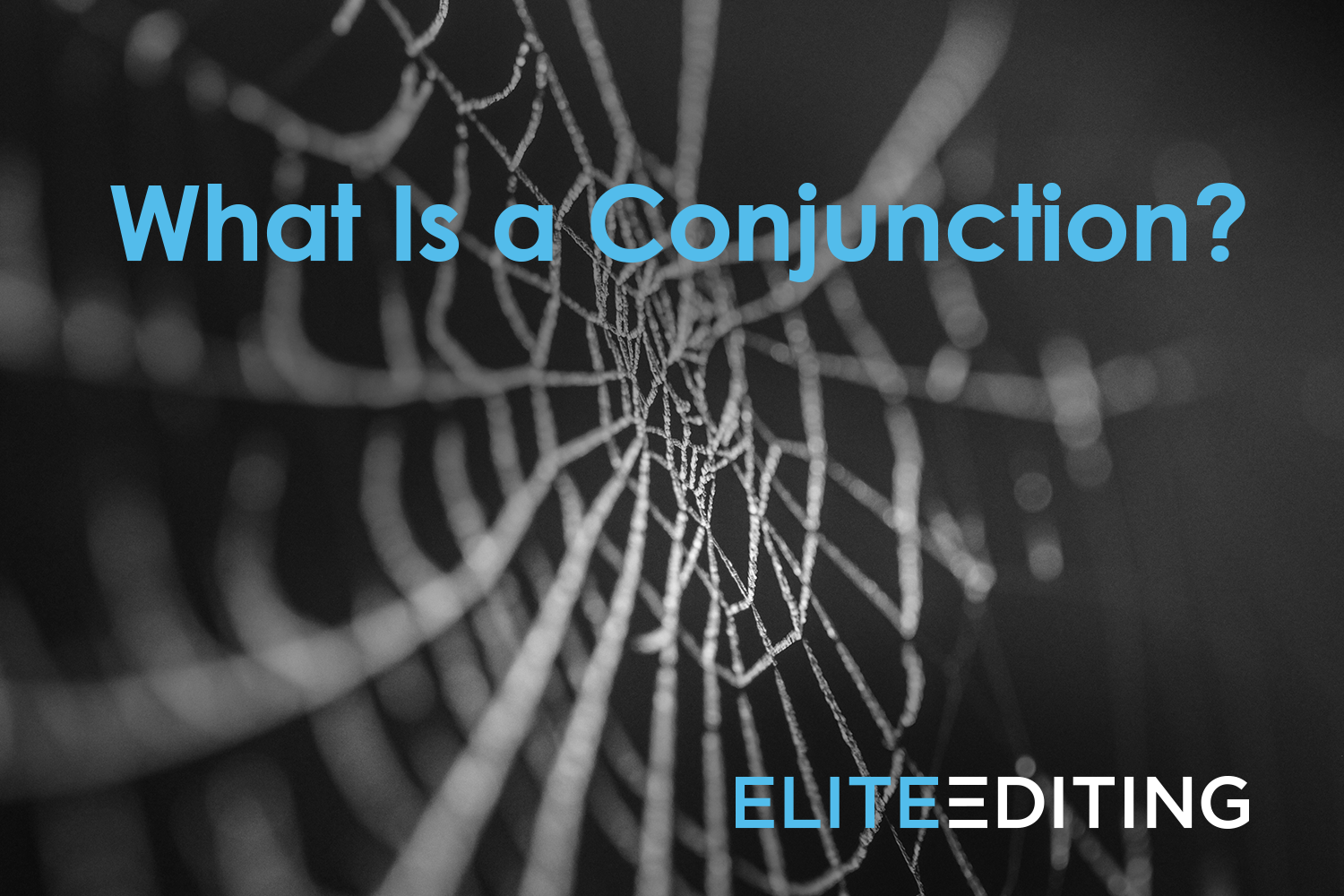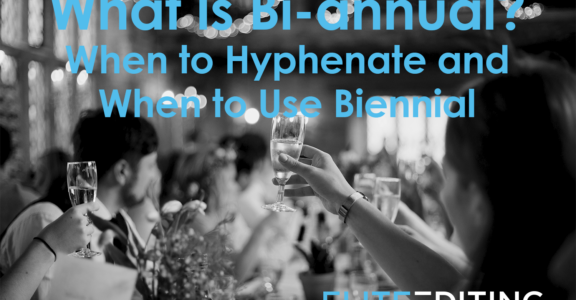
So what is a conjunction, anyway? A conjunction is a word or set of words used to connect sentence elements. Conjunctions connect thoughts, actions, ideas, nouns, sentences, and clauses and coordinate words in the same clause. If you’re wondering, “What are the different types of conjunctions?,” read on!
What Is a Conjunction Good For?
What is a conjunction good for? In a word, lots! Though they are small, conjunctions are highly functional. Their most basic function is to connect sentences. For instance, when children learn to write, they start with simple sentences:
- The boy threw the ball. The dog caught it.
- I wanted to have ice cream. We ate broccoli.
Conjunctions can be used to create more complex sentences:
- The boy threw the ball, and the dog caught it.
- I wanted to have ice cream, but we ate broccoli.
What Are the Different Types of Conjunctions?
English contains three basic conjunction types:
- Coordinating conjunctions connect two or more words, parts of speech, or sentences.
- Subordinating conjunctions join dependent clauses to main, or independent, clauses.
- Correlative conjunctions are pairs of conjunctions that connect two structurally identical clauses, phrases, or words.
Coordinating Conjunctions
A coordinating conjunction connects two or more words, parts of speech, main clauses, or sentences. Coordinating conjunctions are used when you want to give the two sentence elements equal emphasis.
 Coordinating Conjunctions List
Coordinating Conjunctions List
There are seven coordinating conjunctions: “for,” “and,” “nor,” “but,” “or,” “yet,” and “so.” You can remember these conjunctions using the mnemonic FANBOYS:
- For
- And
- Nor
- But
- Or
- Yet
- So
Coordinating Conjunction Examples
- The news forecast a bright, sunny day, yet all I see is snow.
- The snow is cold and wet.
- You need a scarf or hat when it’s this cold.
- I love watching snow fall, but I hate walking in it.
- I stay inside, for I cannot abide the cold.
- I will never go skiing, nor am I going to try ice skating.
- The snow melted, so I went outside.
Can You Start a Sentence with a Coordinating Conjunction?
Despite what your middle school English teacher may have told you, you can start a sentence with a coordinating conjunction. If you do so, the main clause of the sentence must follow the conjunction. Do not use commas after the coordinating conjunction. It’s also best to use this type of sentence structure sparingly.
Here are some examples of sentences beginning with coordinating conjunctions:
- I don’t like snow. Yet even my hatred of the cold couldn’t keep me from going to the party.
- The party was great. So after everyone else left, I agreed to help clean up the mess.
- The mess took hours to clean up. But because I helped, the hosts let me sleep on the couch.
Coordinating Conjunction or Conjunctive Adverb?
Coordinating conjunctions are sometimes confused with conjunctive adverbs. Conjunctive adverbs include “therefore,” “however,” “in fact,” “in addition,” “nonetheless,” and “on the other hand,” among other examples. They often take commas when they are joined to an independent clause.
- The temperature dropped. Therefore, the melted snow turned to ice.
- I knew it was slippery outside; however I had to walk home.
- I slipped on the ice. In fact, I fell so hard that I bruised my tailbone. In addition, I sprained my ankle.
Coordinating Conjunction Exercises
- I wanted to go out, ____ I hurt too much to move.
a) but b) and c) for - I did not feel well, ____ I stayed in bed.
a) yet b) or c) so - The bed was warm ____ comfy.
a) yet b) so c) and - I did not move ____ make a noise for hours.
a) or b) but c) yet - Finally I got up, ____ I had to go to work.
a) nor b) for c) or - I did not enjoy work, ____ I felt better by the end of the day.
a) yet b) and c) or
Answers: a, c, c, a, b, a
Subordinating Conjunctions
A subordinating conjunction joins a dependent clause to the sentence’s main, or independent, clause. Using a subordinating conjunction reduces the importance of the dependent clause while emphasizing the main clause’s importance in the sentence. Subordinating clauses provide a transition between the two ideas in the sentence while showing how they relate. The transition usually indicates a time, place, or cause and effect.
Subordinating Conjunctions List
There are many more subordinating conjunctions than there are coordinating conjunctions. Some of the most common include the following:
| After | Although | As |
|---|---|---|
| As if | As long as | As soon as |
| As though | Because | Before |
| Even | Even if | Even though |
| Though | If | If only |
| If when | If then | Inasmuch |
| In order that | Just as | Lest |
| Now | Now since | Now that |
| Now when | Once | Provided |
| Provided that | Rather than | Since |
| So that | Supposing | Than |
| That | For | Unless |
| Until | When | Whenever |
| Where | Whereas | Where if |
| Wherever | Whether | While |
Subordinating Conjunction Examples
- As I slipped on the ice, I dropped the parcel I was carrying.
- When the parcel hit the floor, the delicate contents broke.
- I promise to be more careful whenever I walk on icy pathways.
If the subordinating conjunction begins the sentence, you need to use a comma after the dependent clause to separate it from the main clause, as you can see in the first two examples above. Click here to find out more about common comma mistakes.
Subordinating Conjunction Exercises
- ____ I fell on the ice, I am still able to walk without a limp.
a) since b) although c) now - ____ the package broke, I had no birthday present for my wife.
a) before b) while c) because - My wife forgave me ___ she wouldn’t get her birthday gift on time.
a) even though b) why c) supposing - I gave the new gift to my wife ____ I got home.
a) just as b) now that c) as soon as
Answers: b, c, a, c
Correlative Conjunctions
Correlative conjunctions are pairs of conjunctions that connect two clauses, phrases, or words. The two connected sentence elements must be structurally identical—or grammatically parallel.
Correlative Conjunctions List
The following are examples of correlative conjunctions:
- Both / and
- Not only / but also
- Either / or
- Neither / nor
- Whether / or
- As / as
- Such / that
- Scarcely / when
- As many / as
- No sooner / than
- Rather / than
Correlative Conjunction Examples
- I have neither the time nor the inclination to learn to ski.
- We can either stay inside or freeze outside.
- Both hot chocolate and coffee taste great on a cold day.
- Not only is the weather cold, but it’s also windy.
- When it comes to blizzards, what matters is not the cold but the inconvenience.
- Whether you love it or hate it, winter eventually ends.
- No sooner had summer arrived than winter was back again.
Correlative Conjunction Exercises
- I should _______ get used to the cold _______ move to a warmer climate.
a) rather / than b) neither / nor c) either / or - _______ snow _______ ice really annoy me.
a) neither / nor b) both / and c) whether / or - I cannot decide _______ I should stay home next winter _______ go to the Bahamas.
a) whether / or b) either / or c) both / and - Shoveling the sidewalk, I found _______ a silver dollar _______ my missing keys.
a) neither / nor b) as / as c) not only / but also - I have ________ a sprained ankle _______ a runny nose.
a) not only / but also b) both / and c) rather / than
Answers: c, b, a, c, a
So what is a conjunction? We’ve learned that a conjunction links two separate parts of a sentence together and makes it possible to create more varied, interesting sentences. You also now know the answer to the question, “What are the different types of conjunctions?,” and you know how to use coordinating, subordinating, and correlative conjunctions. Don’t stop there, though! Check out this post on common writing errors and this one on dashes for more ways to improve your writing.
Resources
http://www.gingersoftware.com/content/grammar-rules/conjunctions/
http://www.chompchomp.com/terms/coordinatingconjunction.htm
http://www.gingersoftware.com/content/grammar-rules/conjunctions/conjunctive-adverbs/
http://blog.writeathome.com/index.php/2013/07/50-subordinating-conjunctions-and-why-they-matter/
http://speakspeak.com/resources/english-grammar-rules/conjunctions/correlative
http://www.softschools.com/quizzes/grammar/correlative_conjunctions/quiz3199.html








